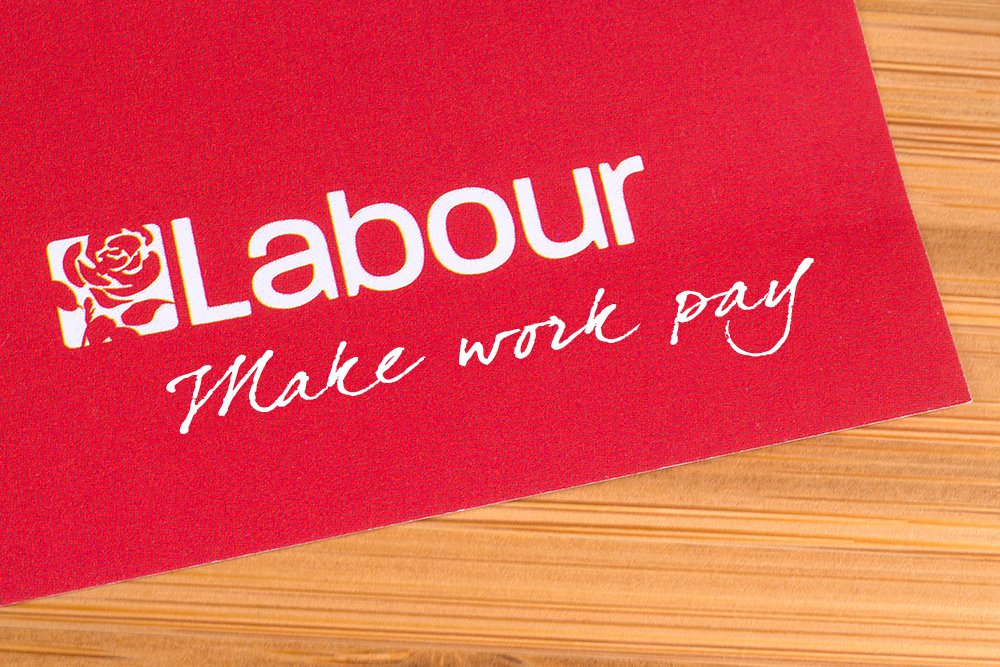Last October, the UK Government announced plans for a comprehensive overhaul of employment rights, Make Work Pay, introducing 28 individual reforms aimed at creating fairer and more inclusive workplaces.
Early data from our 2025 Census outlines that 55% of brands and agencies in the Creative Industries unsure how this will affect them. We have teamed up with JourneyHR to provide clarity, actionable insights, and tailored advice to help you navigate these reforms, and ensure your workplace is prepared for the changes ahead.
The main reforms, set to come into effect in April 2026, seek to:
Establish enhanced day-one rights for workers
Introduce new measures to promote flexible working
Strengthen protections against unfair dismissal
End exploitative zero-hour contracts
Ban controversial “fire and rehire” practices
Enhance legislation on workplace sexual harassment
Below is a detailed overview of what these changes are expected to entail:
Enhanced Day One Rights
Day One Rights are employment rights that workers are entitled to from their very first day of employment. Historically, many employment rights were only available to employees after a qualifying period of continuous service (e.g. typically two years for things like unfair dismissal claims amongst other things). The Labour Employment Rights Bill aims to eliminate these delays and empower employees from day one:
Unfair dismissal: The right to protection from unfair dismissal will become effective from day one of employment. Currently, employees must complete two years of service before being eligible to bring a claim, unless there’s a claim for discrimination which is currently a day one right. To balance this change, the Government is considering a standard probationary period, likely to be set at nine months.
Statutory sick pay (SSP): SSP will be available from the first day of illness, eliminating the current three-day waiting period. Additionally, all employees, regardless of income, will become eligible for SSP.
Paternity and Unpaid Parental leave: New legislation will remove the requirement for employees to have 26 weeks of service to qualify for paternity leave or unpaid parental leave. Additionally, the restriction preventing Paternity Leave from being taken after Shared Parental Leave begins will be lifted. This ensures fathers or partners can fully utilise their Paternity Leave entitlement, even if they opt for Shared Parental Leave.
Bereavement leave: Currently, statutory bereavement leave is only available to parents who lose a child under the age of 18. The new legislation will extend the right to take protected time off from day one of employment to all employees grieving the loss of a loved one.
Flexible working (already implemented): Employees will have the right to request flexible working arrangements from day one of their employment. This replaces the current requirement to wait 26 weeks before making such a request.
Zero Hour Contacts
The bill will ban zero-hours contracts, aiming to make work more secure and predictable for over a million people in the UK. This reform will also extend to those on low-hours contracts by introducing the following rights:
Reasonable notice of shifts: Employers must provide sufficient advance notice of work schedules.
Compensation for cancelled shifts: Workers will have the right to be paid for shifts that are cancelled or shortened at short notice.
Guaranteed hours contracts: Employees will gain the right to a contract that reflects the actual hours they work, based on a reference period (expected to be 12 weeks).
While these changes may challenge industries with fluctuating project demands, they aim to foster greater job security and predictability for workers, ultimately benefiting both employees and employers.
Fire & Rehire Practices
The practice of fire and rehire has become more prominent in recent years, and the Make Work Pay bill will make it automatically unfair to dismiss employees for refusing to accept a contract change, unless the employer can demonstrate financial difficulties and prove the change was unavoidable. Additionally, the bill will introduce new safeguards to protect employees during contract negotiations, ensuring that workers are treated fairly and transparently throughout the process.
Preparing for the Future
Businesses may still be getting to grips with recent legislation updates introduced by the previous government, including stricter obligations to prevent sexual harassment. This includes liability for third-party harassment (e.g., by clients or customers) unless reasonable steps are taken to prevent it. Creative businesses, where collaboration often spans multiple stakeholders, must ensure robust training, reporting mechanisms, and clear policies to safeguard their teams.
While further legislation changes and Labour reforms may seem far off, proactive preparation is key. The bill is likely to undergo multiple amendments as it progresses through the Houses of Parliament, so these reforms may evolve. However, businesses will still need to consider:
Auditing existing policies and procedures –conducting a thorough review of workplace policies, to ensure they are compliant with new legislation
Communicating changes to employees – building a communication plan to inform employees of their new rights
Reviewing and updating contracts– ensuring all employment contracts reflect day one rights are in line with new probation period guidelines
Providing L&D for HR and Management teams – equipping key stakeholders with the knowledge and tools to implement these changes effectively
Developing clear onboarding processes – creating transparent processes for new hires that outlines these right changes from the beginning of their employment
Final Thoughts
The Make Work Pay bill represents a significant shift in workplace legislation, aiming to foster greater fairness, inclusivity and security for all employees.
Our partnership with JourneyHR aims to ensure that businesses are equipped to deal with these changes. So, whether you need expert advice on compliance, tailored guidance on implementing new practices, or assistance in preparing your business for these reforms then reach out to us talk@majorplayers.co.uk.












